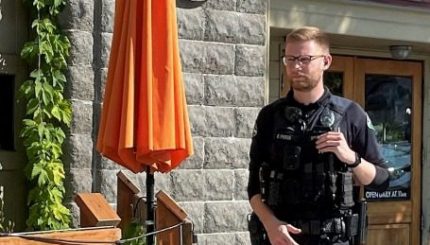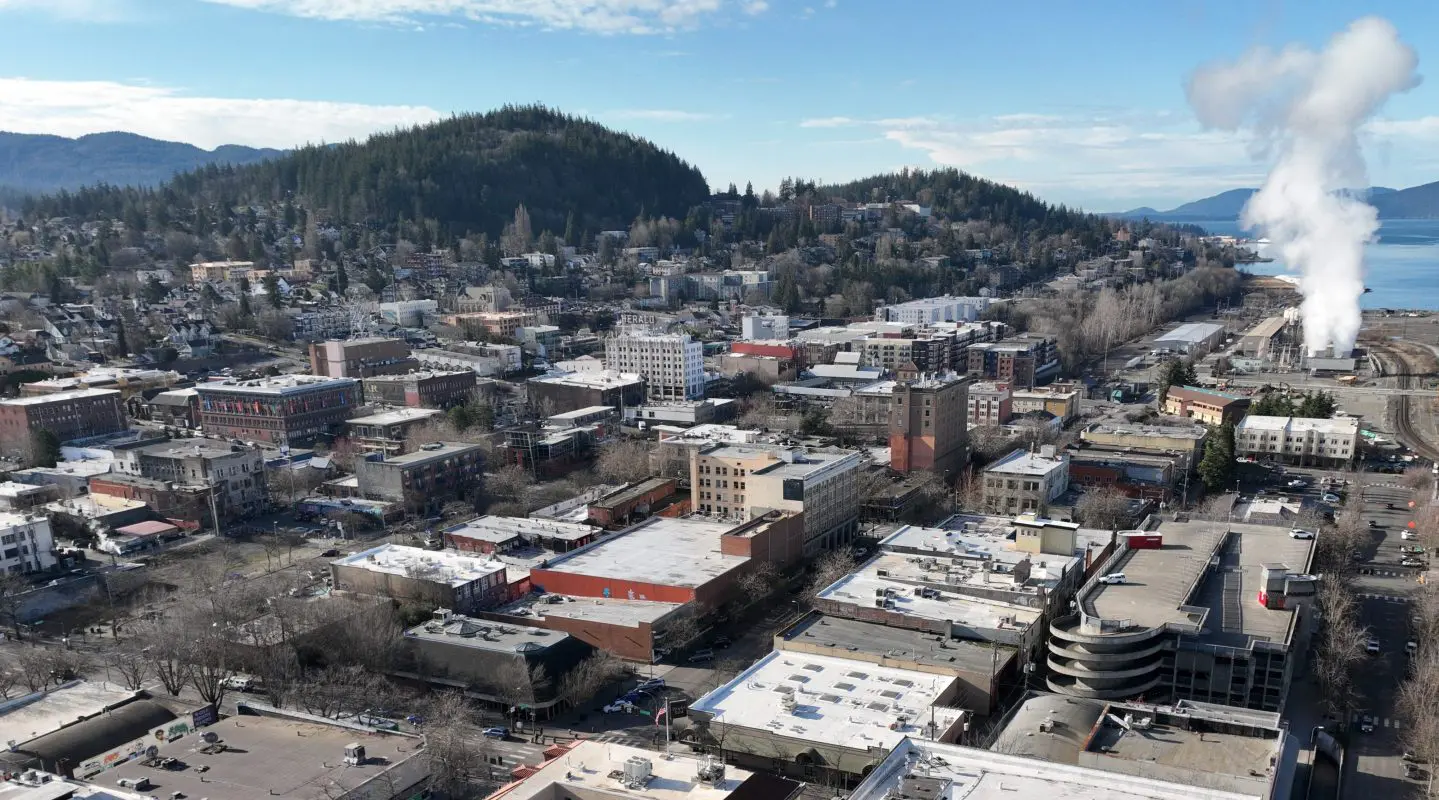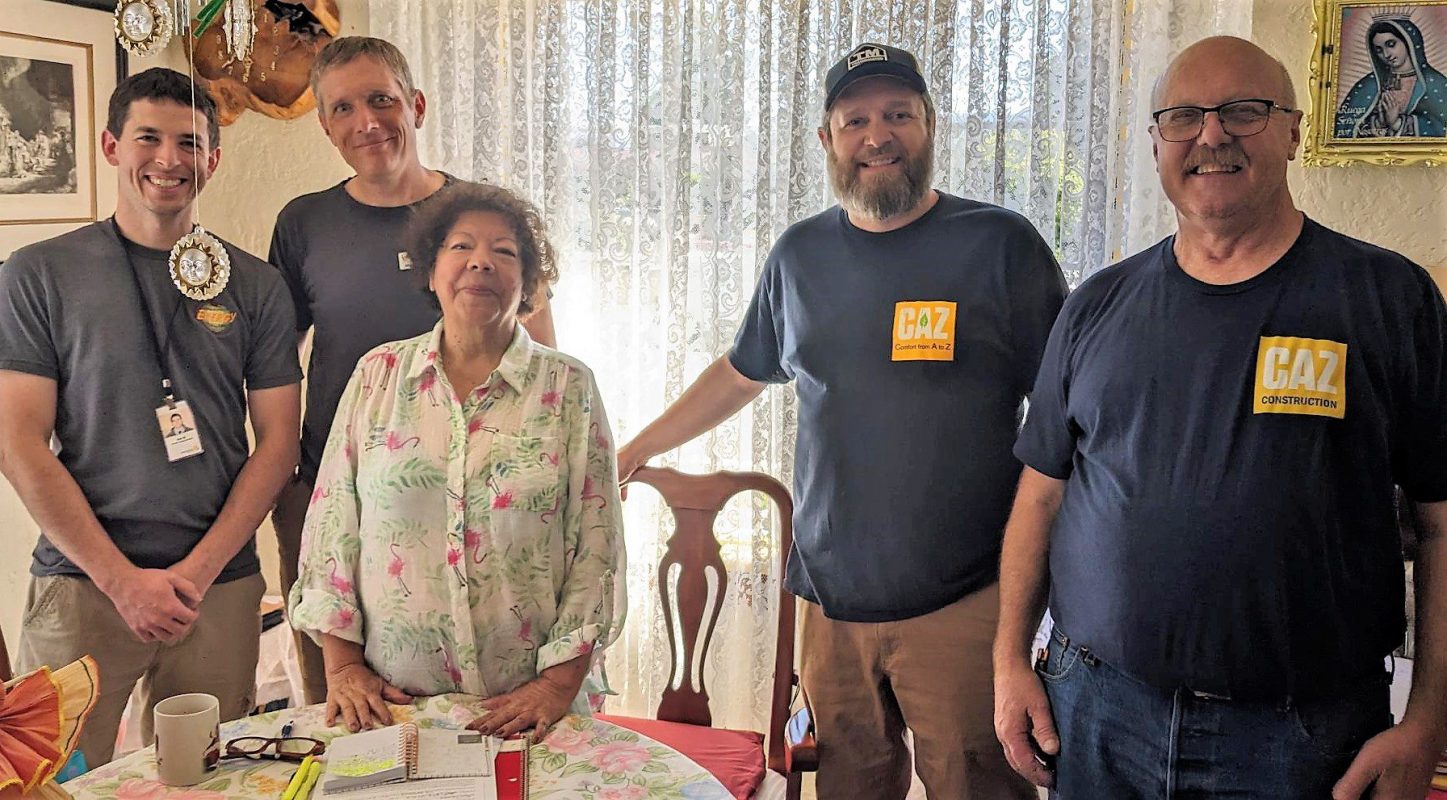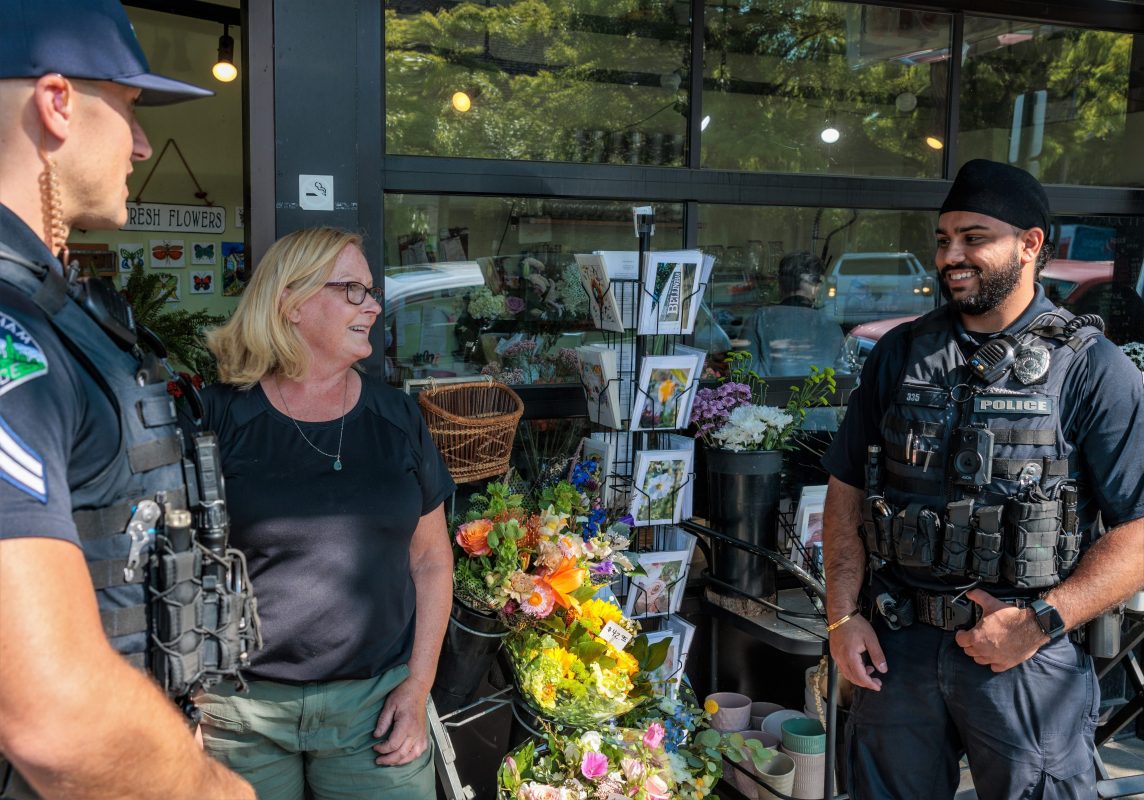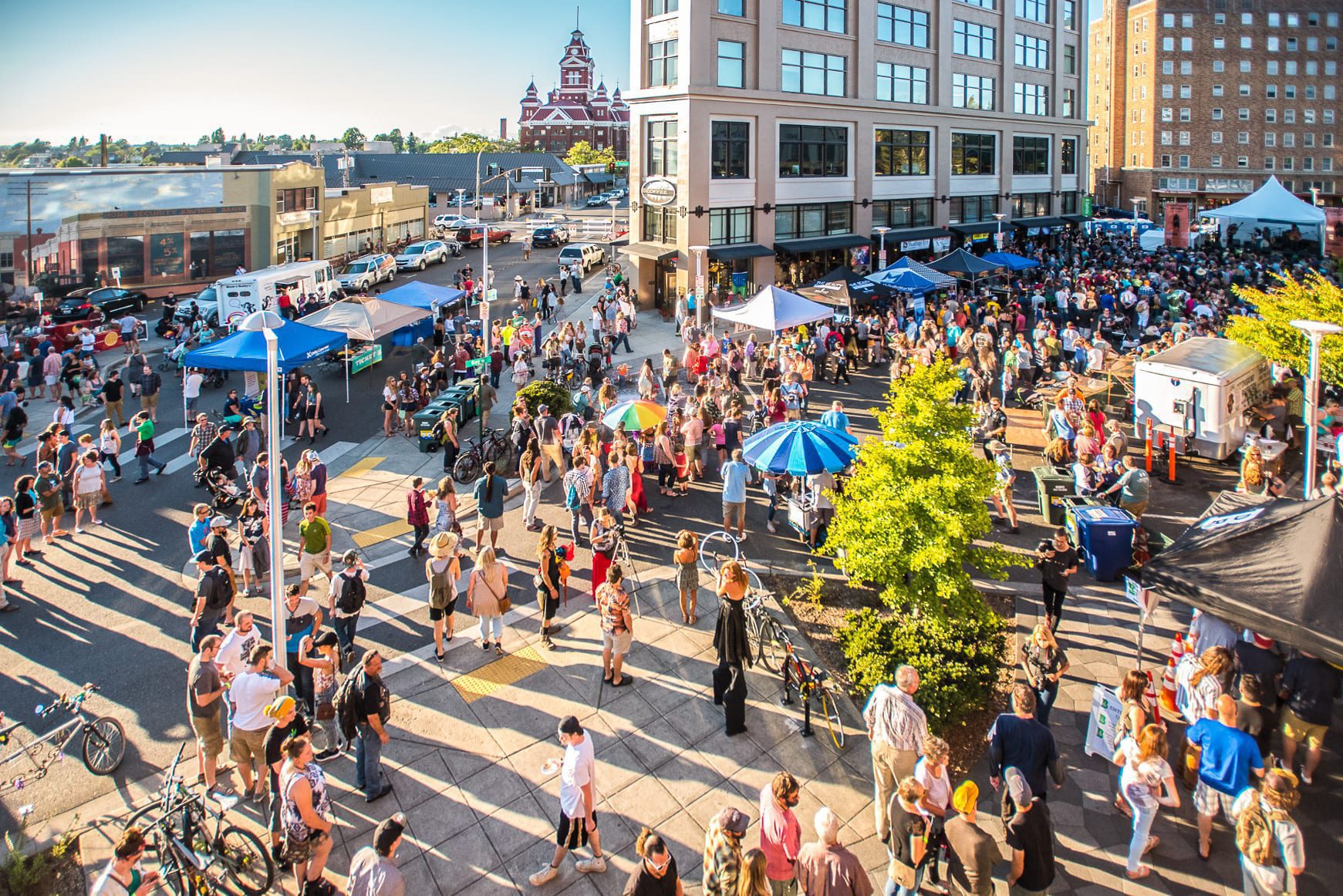Downtown Bellingham is experiencing the effects of regional and national challenges. The City is addressing these challenges through leading edge programs, creative uses of funding and innovative partnerships.
Bellingham’s downtown is the heart of our community and – in our City of many neighborhoods – it is everyone’s neighborhood. Together, we can support our downtown businesses and neighbors, and our most vulnerable community members.
With our partners, we are doing more than ever before to support a safe, healthy, thriving downtown.
Snapshot of Key Initiatives
Executive Order 2024-01 – Addressing the Fentanyl Crisis in Downtown Bellingham
On February 20, 2024, Mayor Kim Lund signed an Executive Order that directs her administration to take immediate actions to address the fentanyl crisis and its negative impacts on the safety and well-being of Bellingham’s downtown. Many of the actions called for in the order focus on expanding the presence of first responders downtown to enhance safety, disrupt drug-related criminal activity and support outreach and recovery for people at risk of overdoses.
The actions in this Executive Order are just the beginning, a first few urgent steps along a continuum of actions to realize a downtown Bellingham that is vibrant, thriving, welcoming and safe and everyone.
Other Key Initiatives
Multi-year, multi-million-dollar strategies to foster a safe, welcoming environment in Bellingham’s downtown have been underway and are continuing as top City priorities. These initiatives were identified with participation and feedback from the downtown business community and others.
Innovative Partnerships
In response to complex and interconnected challenges, City leaders have forged unprecedented partnerships, engaging with the public, private and non-profit sectors. This approach recognizes that the safety and vitality of downtown depends on diverse perspectives and collaborative action.
Downtown Bike Patrols
Bike patrols are a significant part of community-oriented policing, which is about building relationships with community members and being responsive to public safety needs.
Bellingham Police Department’s bike patrol unit provides coverage seven days a week during daytime hours, roughly 7 a.m. to 5 p.m. They patrol the downtown core and into surrounding neighborhoods, spanning from F Street to Ellis Street and Ohio to Cornwall, and will include patrols of Waypoint Park and Maritime Heritage Park.
Immediate life or safety issues should always be directed to 911
Patrols of City-Owned Parking Facilities
The City works with a private security company to provide security patrols at City-owned facilities and parks downtown. They act as a supportive resource for the downtown business community, residents and visitors by responding to behavioral needs and minor crimes, such a graffiti, littering, public inebriation and trespassing, and serve as a connection to downtown resources, including Bellingham Police.
- They are clearly identified and unarmed.
- They have a hands-off policy and focus on building relationships and providing services.
- They are trained in de-escalation and customer service.
- They support other downtown service providers, such as the Homeless Outreach Team (HOT), Safety Ambassadors and downtown Clean Team.
Behavioral Health Services
Alternative Response Team Program
Whatcom County Health and Community Services launched the Alternative Response Team (ART) in January 2023. This innovative Bellingham program sends a behavioral health specialist and a public health nurse to respond to specific non-violent behavioral health 911 calls. ART benefits people having mental or behavioral health challenges, and our emergency services personnel, allowing them to respond to other emergent calls requiring law enforcement intervention.
Homeless Services
During the pandemic and beyond, we have seen an increase in people who are living unsheltered. The City of Bellingham partners with local organizations and agencies dedicated to serving our community members in need. A solution to the homeless crisis will take all of us working together.

